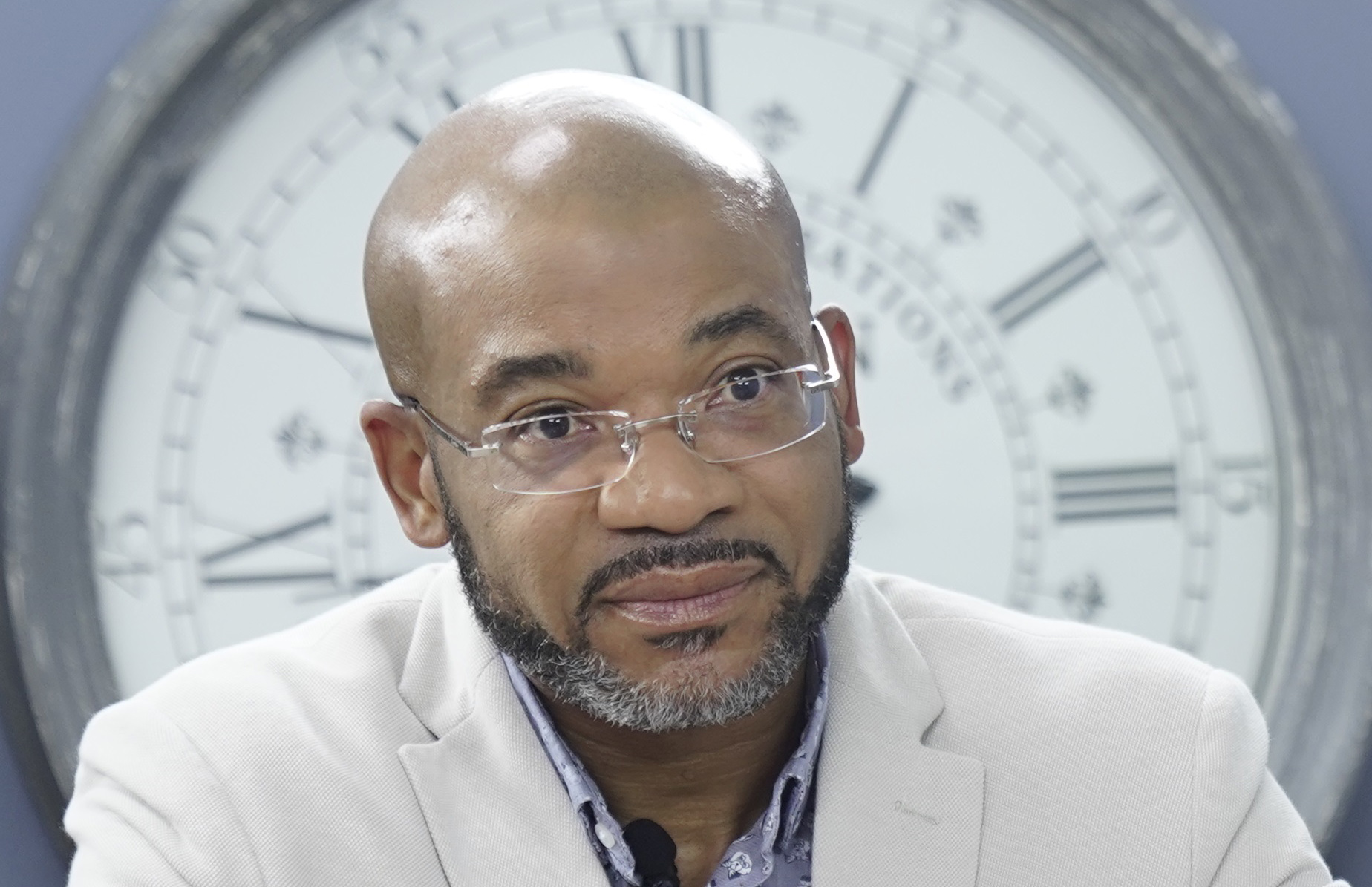by David Altaner © Vixio GamblingCompliance (february 8, 2023)

“The game is over” for Curaçao’s master licence holders and their unknown number of sublicensees, according to the country’s finance minister, who has promised seismic reforms are only months away. Long-awaited legislation to rebuild Curaçao’s decades-old licensing model for online gambling will be passed before the end of the second quarter, said Javier Silvania in a keynote address at the ICE conference in London on Tuesday (February 7).
In short:
- Law will be passed by end of second quarter, says minister
- Rogue operators with low tax contribution “won’t be missed”
- New licence requirements include data on beneficial owners
The new system will destroy the current master-licensing model, which sees only five companies holding full licences and an enormous number piggybacking on their authorisation. Even Curaçao officials themselves do not know how many online gambling operators are based on the island.
The Ministry of Finance believes there are around 600 sub-licensees running around 8,000 different websites, said Mario Galea, formerly Malta’s top regulator and a veteran author of gambling legislation who is playing a major role in crafting Curaçao’s new law.
Master licence holders will no longer exert control over the market after new legislation is in effect, Silvania said, but will be free to apply for a licence under the new system. Galea revealed that an online platform for licence applications has already soft-launched.
Companies currently active in Curaçao will have three months from the date of implementation of the new law to apply for a licence, after which the newly-created regulator will have three months to issue a temporary permit.
That temporary approval will last for 12 months, during which the operator will need to complete the remaining steps of the application. In contrast to the existing opaque system, licence holders will need to provide details on beneficial owners and comply with rules around safer gambling and dispute resolution, officials said.
“We have had a lot to endure in terms of our reputation in the online gambling industry,” Silvania said. “This ends now. The new law will help improve regulation on Curaçao by promoting transparency and accountability.”
Silvania said he has no qualms about driving out potentially hundreds of companies that do not want to submit to the new licensing system. “We certainly will not miss the rogue organisations,” he said. “Most of the current revenue [from] gambling operations licensed out of Curaçao is not flowing to the government anyway. The new legislation will change this to the benefit of public funds.”
Officials have yet to unveil the cost of permits in the new regime, but Galea said he expects rates to be set somewhere “slightly less” than costs in Malta.
B2B providers will also need to be licensed, but there is a two-year grace period after the law passes before licences become mandatory. Silvania promised audits, corrective orders and penalties for non-compliance.
However, Galea said that although Curaçao will make clear that licence holders should not be offering their services in jurisdictions where they need to be locally licensed, it is up to those countries to enforce their own laws.
Curaçao-linked operators currently account for almost 40 percent of those listed on a number of European offshore gambling blocklists. New licence holders will be required to up their physical presence on the Caribbean island. Companies will need to employ at least one local nominated person, rising to a minimum of three people within five years. Companies must also buy or lease a business space and equip it with facilities “for the sole purpose of carrying out the business activities under their gaming licence”.
Galea acknowledged industry concerns about a lack of qualified staff in a country with a population of only 150,000, but said the government had begun working with schools to address the problem.
Bron: Vixio GamblingCompliance

